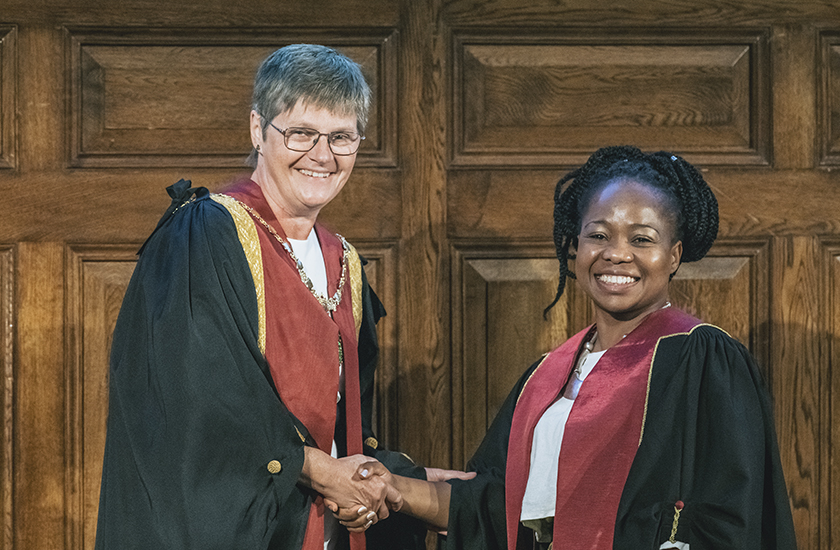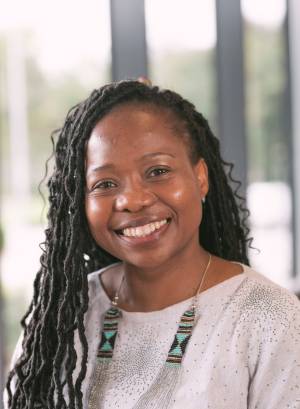-
-
- Council Members
- Role of Council Members
- Council meetings
- Council elections
- Previous election results
- Dr Louise Allum
- Dr Sam Bescoby
- Dr Andrew Clemence
- Dr Tshidi Gardiner
- Dr Reginald Godwin
- Paddy Gordon
- Dr Danielle Greenberg
- Dr Gerard Henry
- Dr Richard Hillman
- Dr Benjamin Kennedy
- Dr Tom Lonsdale
- Dr Darren Partridge
- Martin Peaty
- Alison Price
- Dr Peter Robinson
- Dr Jennifer Simmons
- Dr Sadie Spencer
- Dr Mary Thomas
- William Wilkinson
- Dr Lara Wilson
- Past-Presidents
-
- Advancement of the Professions Committee
- Standards Committee
- Audit and Risk Committee
- Education Committee
- Disciplinary Committee
- Charter Case Committee
- Preliminary Investigation Committee and Disciplinary Committee Liaison Committee
- Registration Committee
- Preliminary Investigation Committee
- Paper classification: some definitions
-
-
-
-
-
- About extra-mural studies (EMS)
- EMS requirements
- Information for vet students
- Information for EMS providers
- Information for vet schools
- Temporary EMS requirements
- Practice by students - regulations
- Health and safety on EMS placements
- EMS contacts and further guidance
- Extra-mural studies fit for the future
-
-
- Code of Professional Conduct for Veterinary Surgeons
- Code of Professional Conduct for Veterinary Nurses
- Contact the Advice Team
- XL Bully dog ban
- 'Under care' - guidance
- Advice on Schedule 3
- Controlled Drugs Guidance – A to Z
- Dealing with Difficult Situations webinar recordings
- FAQs – Common medicines pitfalls
- FAQs – Routine veterinary practice and clinical veterinary research
- FAQs – Advertising of practice names
- GDPR – RCVS information and Q&As
-
- Accrediting veterinary degrees
- Accrediting veterinary nursing qualifications
- Reasonable adjustments for student vets
- Reasonable adjustments for student veterinary nurses
- Health and disability in veterinary nurse education and training
- Reasonable adjustments for students and the UK disability discrimination legislation
- Educational assessment of veterinary nurses
- Roles of key stakeholders in the application of reasonable adjustments
- Examples of reasonable adjustments for vet nurse students
- External review of the RCVS by ENQA
- Requirements for remote and online student assessments
Celebrating International Women's Day

To celebrate International Women’s Day 2024, we’ve been chatting to Dr Sue Paterson and Dr Tshidi Gardiner from our all-female Officer Team about the importance of celebrating the day, their experiences navigating the world of leadership, and the importance of inspiring inclusion within the veterinary sector.
Click on the boxes below to read the interviews.
Dr Sue Paterson FRCVS, RCVS President

Why is International Women’s Day important to observe? International women’s day has been created by the UN to encourage and celebrate women’s achievements globally. It also, and just as importantly, aims to raise awareness about the challenges many women still face in all aspects of their lives around equality at home, in education and in the workplace.
What are some ways to inspire leadership in other women and why is it important to inspire inclusion? We know that a diverse and inclusive society is a more just and prosperous one, and that gender equality is integral to achieving that. Women are under-represented in all aspects of business leadership, including within the veterinary sector. It is widely acknowledged that women and male leaders bring different but equally important strength to their roles, meaning a blend of different genders is more likely to create a strong and successful business framework. Women leaders have been shown be to better at connecting and relating to others, building better and longer lasting relationships - all of which are key qualities to be an effective leader.
In a primarily female profession, why do you think it’s important for women to be represented in leadership roles? I have been delighted over the last few months as President of the RCVS to lead a completely female RCVS officer team. The team is geographically and professionally diverse, and from different cultural and ethnic backgrounds. That diversity has brought a wide range of ideas, views and life experiences to the team which has been really useful and allowed us, I hope, to appreciate the problems and challenges faced by the professions.
What are some challenges you’ve had to overcome as a woman in leadership, and how have you tackled these? Like many women, I suffered from imposter syndrome for years, doubting my ability to take on a leadership role. I was helped, encouraged, supported and cajoled by friends and colleagues and, of course, family (especially my husband) to put myself forward. I have always found having the humbleness to ask for help is critically important. Struggling and failing only reinforces self-doubt but I have been surprised on numerous occasions that important often influential people in leadership roles have generously given help and advice when asked which has been invaluable.
What is your best advice for other women in leadership or those considering leadership roles? When you consider a leadership role, it is easy to only look at the negatives of a position. Only thinking about which criteria of the skill set you don’t satisfy. What experience you don’t have. Many women doubt their own abilities to such an extent that it can end up holding them back because they find it difficult to accept their own accomplishments and, as a result, never achieve their full potential. However, whilst talent, hard work and dedication are important attributes in any job, I firmly believe that all great leaders have a growth mindset. The desire to listen and learn, the ability to consider and, if appropriate, accept the opinions of others is crucial to becoming an effective leader. Great leadership rarely happens overnight - it is something that develops and grows over a period. So it’s important to put away the self-doubt and put yourself forward.
Dr Tshidi Gardiner MRCVS, RCVS Treasurer
 Why is International Women’s Day important to observe? International Women's Day holds deep significance for me as a woman from a traditionally marginalised community in the UK. It's a day where we honour and celebrate the social, economic, cultural, and political achievements of women worldwide. This day shines a light on the strides society has made toward gender equality and recognises the invaluable contributions women have made and continue to make in our communities and society.
Why is International Women’s Day important to observe? International Women's Day holds deep significance for me as a woman from a traditionally marginalised community in the UK. It's a day where we honour and celebrate the social, economic, cultural, and political achievements of women worldwide. This day shines a light on the strides society has made toward gender equality and recognises the invaluable contributions women have made and continue to make in our communities and society.
What are some ways to inspire leadership in other women and why is it important to
inspire inclusion? Inclusive leadership in our veterinary sector profoundly affects my participation and success as a woman. It's not just about fairness and equality; it's an essential component for propelling our profession forward, driving growth, innovation, and effectiveness in animal welfare and public service. Seeing other women excel in veterinary roles instills in me a sense of belonging and potential, motivating me to pursue similar paths. Through inclusive practices, I can not only find role models and mentors who provide invaluable guidance but also act as one myself.
In a primarily female profession, why do you think it’s important for women to be
represented in leadership roles? Historically, we know that there have been gender disparities within our veterinary profession, such as wage gaps and a lack of women in leadership positions. Encouraging inclusive leadership is vital in tackling these inequalities by ensuring women have equal opportunities to thrive and progress in their careers. I strongly believe that accurate representation in our profession should include leadership roles that reflect the female demographic of veterinary professionals. This sends a strong message to our community and the wider public.
What are some challenges you’ve had to overcome as a woman in leadership, and
how have you tackled these? Black women and those from ethnic minorities in leadership roles in the veterinary context must navigate a complex landscape of systemic barriers, biases, and stereotypes on a daily basis. It is just a fact.
As a woman, you face implicit bias and stereotypes in the workplace, which hinder your individual advancement opportunities and result in little recognition for your skills and contributions. This bias can manifest in hiring decisions, performance evaluations, and opportunities for career advancement. This bias is also compounded by a unique experience of intersectional discrimination and challenges faced associated with this. Intersectional discrimination can result in barriers to career progression, unequal treatment in the workplace, and limited access to resources and opportunities. It is a real problem. I have tackled these specific challenges by showing my commitment to diversity, equity, and inclusion within the profession, as well as providing support, mentorship, and opportunities for women from marginalised communities to ensure that they thrive and succeed in leadership positions.
What is your best advice for other women in leadership or those considering
leadership roles? I encourage you to actively seek opportunities for growth and development. Take on challenging projects, seek out mentors and sponsors, and continuously expand your skills and knowledge. Additionally, focus on building a strong network of colleagues, mentors, and professionals who can support you in your leadership journey. Cultivating these relationships can provide invaluable opportunities for learning, mentorship, and career advancement. Remember, by embracing opportunities for growth and surrounding yourself with a supportive network, you can confidently step into leadership positions and make a meaningful impact in your field. Any woman who is in a leadership position wants to hear from you.
Published on 7 March 2024